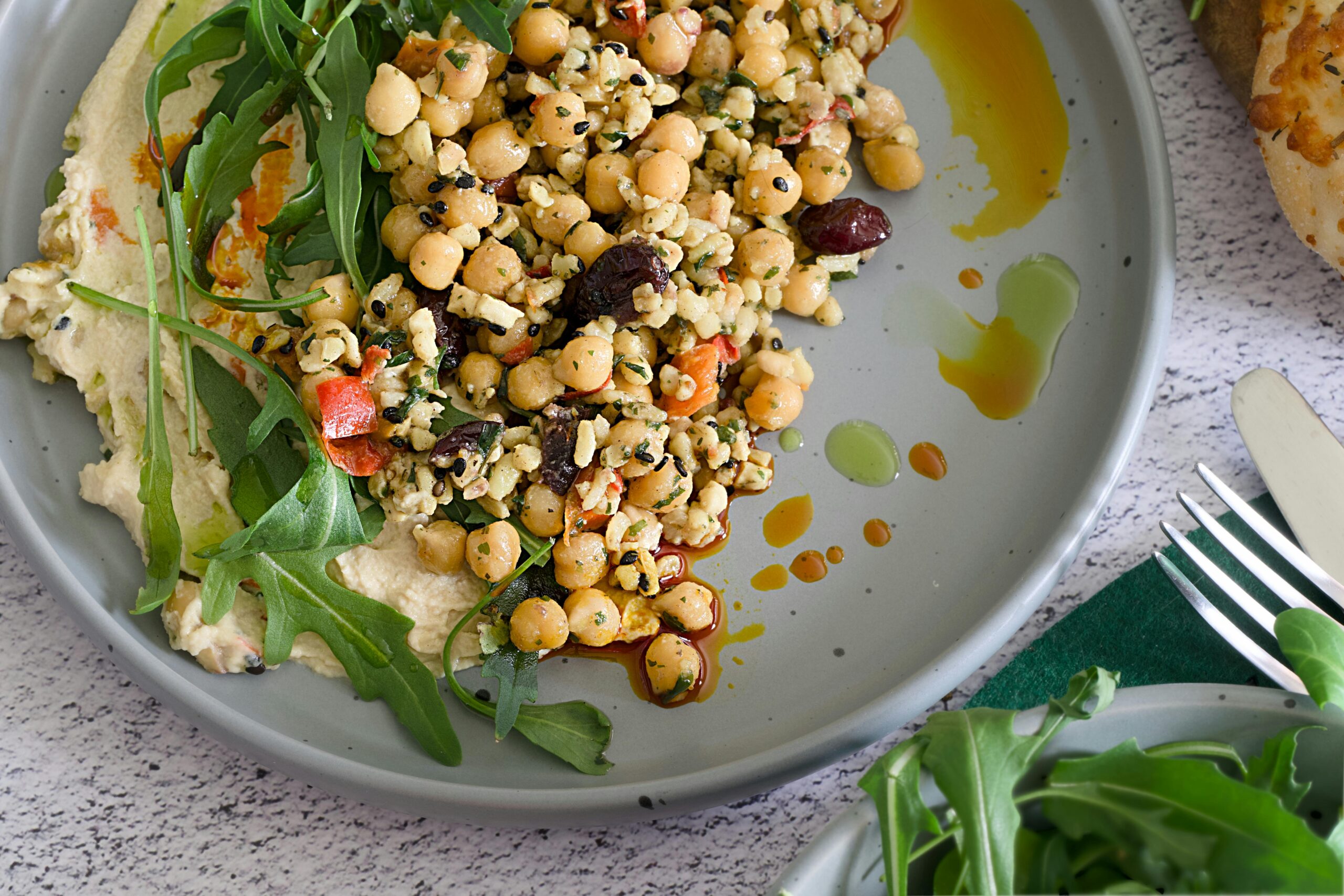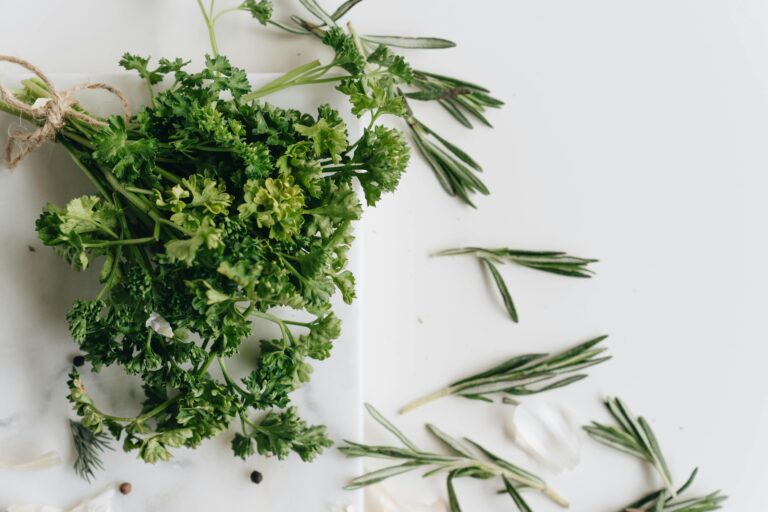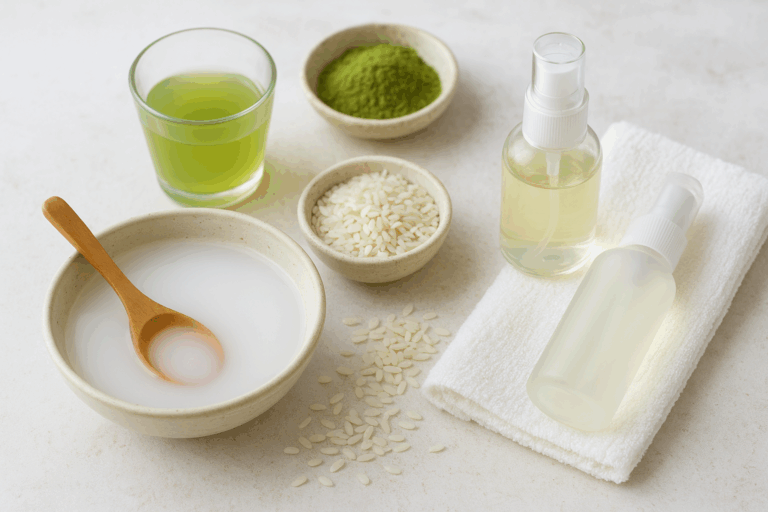Top 10 Anti-Inflammatory Foods for Better Health
Discover the top 10 anti-inflammatory foods to reduce chronic inflammation and promote better health. Learn how to include these foods in your daily diet. Chronic inflammation is a silent contributor to many health issues, including heart disease, diabetes, arthritis, and even some cancers. While medications can help manage inflammation, what you eat daily has a powerful impact on reducing it naturally. Incorporating anti-inflammatory foods into your diet supports overall wellness, improves energy, and helps maintain a healthy weight. In this article, we’ll explore the top 10 anti-inflammatory foods, their benefits, and practical ways to include them in your meals.
1. Berries
Berries, including blueberries, strawberries, raspberries, and blackberries are antioxidant powerhouses. They contain anthocyanins, which are compounds that help fight inflammation and protect against oxidative stress. Research shows that regular consumption of berries may reduce C-reactive protein (CRP), a key marker of inflammation in the body.
How to enjoy:
- Sprinkle blueberries or strawberries over oatmeal or yogurt
- Blend raspberries into smoothies with spinach and chia seeds
- Eat as a snack with a handful of almonds for added healthy fats
Health Tip: Frozen berries retain most of their nutrients, making them a convenient year-round option.
2. Fatty Fish
Fatty fish such as salmon, mackerel, sardines, and trout are rich in omega-3 fatty acids (EPA and DHA), which have well-documented anti-inflammatory properties. Omega-3s can lower inflammatory markers and may reduce the risk of heart disease.
How to enjoy:
- Grill or bake salmon with lemon and herbs
- Add sardines to salads or whole-grain toast
- Use mackerel in light pasta or grain bowls
Pro Tip: Aim for two servings of fatty fish per week to maximize anti-inflammatory benefits.
3. Leafy Green Vegetables
Leafy greens like spinach, kale, and Swiss chard are packed with vitamins A, C, and K, minerals, and antioxidants that combat inflammation. They are also high in fiber, supporting gut health, which plays a role in inflammation management.
How to enjoy:
- Sauté kale with garlic and olive oil
- Add spinach to smoothies or omelets
- Include Swiss chard in soups and stews
Research Insight: Consuming leafy greens regularly has been linked to lower levels of CRP and improved metabolic markers.
4. Nuts
Almonds, walnuts, pistachios, and cashews contain healthy monounsaturated and polyunsaturated fats, fiber, and antioxidants. These nutrients help reduce inflammatory markers and support heart and brain health.
How to enjoy:
- Snack on a handful of raw or lightly roasted nuts
- Add chopped walnuts to oatmeal or salads
- Use almond butter as a spread or in smoothies
Pro Tip: Keep portions to a small handful (about 1 oz) to manage calories.
5. Olive Oil
Extra virgin olive oil is a Mediterranean diet staple and a proven anti-inflammatory food. It contains oleocanthal, a compound that works similarly to ibuprofen in reducing inflammation.
How to enjoy:
- Drizzle over salads as a dressing
- Use for sautéing vegetables
- Combine with lemon and garlic for a flavorful marinade
Health Tip: Use cold-pressed extra virgin olive oil to retain its anti-inflammatory compounds.
6. Tomatoes
Tomatoes are rich in lycopene, a powerful antioxidant that reduces inflammation and may protect against certain cancers. Cooking tomatoes enhances lycopene absorption, making tomato sauces and soups excellent anti-inflammatory options.
How to enjoy:
- Make a fresh tomato salsa
- Add chopped tomatoes to whole-grain pasta or rice bowls
- Prepare homemade tomato soup with olive oil drizzle
Pro Tip: Pair cooked tomatoes with healthy fats (like olive oil) to increase lycopene absorption.
7. Turmeric
Turmeric contains curcumin, a potent anti-inflammatory compound. Studies suggest that curcumin can help reduce markers of inflammation in chronic conditions such as arthritis and metabolic syndrome.
How to enjoy:
- Add turmeric to soups, stews, or roasted vegetables
- Mix with black pepper to enhance absorption
- Prepare turmeric tea or golden milk for a warming drink
Pro Tip: Combining turmeric with healthy fats, like coconut milk or olive oil, increases its bioavailability.
8. Green Tea
Green tea is rich in polyphenols, especially epigallocatechin gallate (EGCG), which has powerful anti-inflammatory and antioxidant effects. Regular consumption may lower inflammation and support metabolic health.
How to enjoy:
- Drink 2–3 cups daily, hot or iced
- Use as a base for smoothies
- Infuse with lemon and mint for extra flavor
Research Insight: EGCG may also help reduce inflammation linked to obesity and cardiovascular disease.
9. Ginger
Ginger contains gingerol, a compound with antioxidant and anti-inflammatory properties. It may reduce inflammation in conditions like osteoarthritis and improve digestion.
How to enjoy:
- Add fresh ginger to stir-fries or smoothies
- Brew ginger tea with honey and lemon
- Use in soups or homemade salad dressings
Pro Tip: Light cooking preserves ginger’s anti-inflammatory properties better than prolonged heating.
10. Garlic
Garlic is rich in sulfur compounds that help reduce inflammation and support immune health. Raw or lightly cooked garlic offers the most potent benefits.
How to enjoy:
- Mince and add to salad dressings or sauces
- Roast with vegetables for a mellow flavor
- Use in marinades for meat or tofu
Health Tip: Crushing garlic before cooking enhances its anti-inflammatory compounds.
Anti-Inflammatory Meal Ideas
Incorporating these foods daily doesn’t have to be complicated. Here’s a sample anti-inflammatory meal plan:
- Breakfast: Oatmeal topped with blueberries, walnuts, and a sprinkle of chia seeds
- Lunch: Grilled salmon over spinach and kale salad with cherry tomatoes and olive oil dressing
- Snack: Green tea and a handful of almonds
- Dinner: Stir-fried tofu with broccoli, bell peppers, garlic, and ginger served with brown rice
- Dessert/Optional: Turmeric golden milk or a berry smoothie
Lifestyle Tips to Complement Anti-Inflammatory Foods
- Exercise Regularly: Physical activity reduces inflammation and supports metabolic health.
- Manage Stress: Mindfulness, meditation, and deep breathing can lower inflammatory markers.
- Prioritize Sleep: 7–9 hours of quality sleep supports immune and metabolic health.
- Avoid Processed Foods: Limit refined sugar, trans fats, and processed snacks to reduce inflammation.
🔚 Final Thought
Chronic inflammation doesn’t have to control your health. By focusing on nutrient-rich, anti-inflammatory foods and supporting your diet with healthy lifestyle habits, you can improve energy, reduce disease risk, and promote overall well-being. Start by incorporating one or two of these foods today, and gradually build a diet that prioritizes health, flavor, and sustainability.






